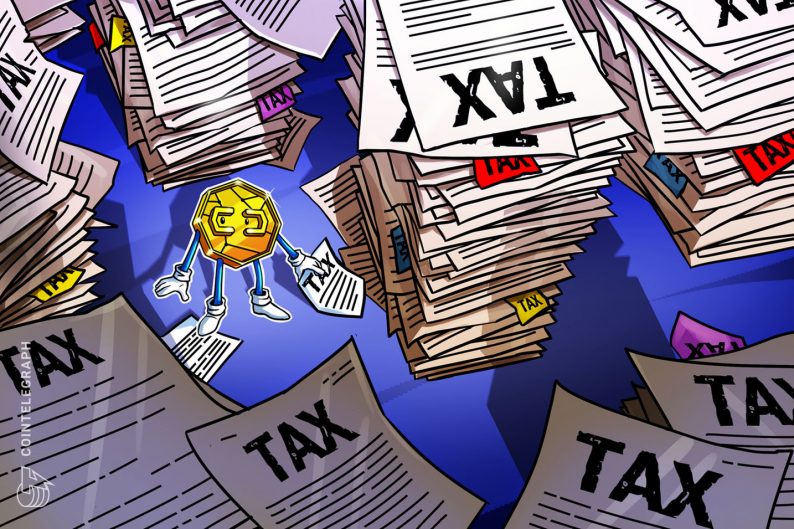Last-minute additions to the bipartisan infrastructure deal in the United States Senate saw lawmakers propose expanded cryptocurrency taxation to raise an additional $28 billion in revenue.
The proposal will implement tighter rules on businesses handling crypto, expand reporting requirements for brokers and mandate that digital asset transactions worth more than $10,000 are reported to the Internal Revenue Service.
Senator Rob Portman of Ohio, the lead Republican for the infrastructure discussions, noted Congress has expressed concerns regarding crypto reporting and taxation requirements for some time:
“Everybody’s been talking about the appropriate way to provide more reporting in particular and that leads to better compliance.”
The crypto measures were hastily added to the deal on July 28, following weeks of back and forth between the Republicans and Democrats. Revenue from the new crypto taxes will be used to partially fund a $550 billion investment into transportation and electricity infrastructure.
The digital asset industry is already pushing back against the proposal, with Blockchain Association executive director, Kristin Smith, arguing that many of the firms that would be subjected to the new rules lack the capacity to collect the required information.
“We’re pushing every lever right now to change it,” she said, describing the proposed measures as “hugely problematic.”
The proposal comes as crypto assets are coming under increasing regulatory scrutiny in the United States.
On July 27, Acting Comptroller of the Currency, Michael Hsu, revealed that regulators are investigating the commercial paper reserves backing leading stablecoin, Tether (USDT).
Tether has faced criticism for its opaque reserves and failure to deliver promised audits for roughly half a decade. In May the firm disclosed a breakdown of its reserves that states USDT is 49.6% backed by “commercial paper.”
Related: Tether promises an audit in ‘months’ as Paxos claims USDT is not a real stablecoin
During a hearing on cryptocurrency before the U.S. Senate Committee on Banking, Housing and Urban Affairs held on the same day, law professor Angela Walch also called for greater oversight of the mining sector.
Walch highlighted the ability for miners to order blockchain transactions and siphon Miner Extractable Value (MEV) as significant issues failing to make it onto the radar of lawmakers.
On July 19, U.S. Treasury Secretary Janet Yellen pushed for greater regulation governing stablecoins and stable token issuers during a meeting of the President’s Working Group on Financial Markets. The group expects to have issued draft stablecoin regulations in the coming months.







Leave A Comment